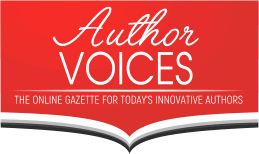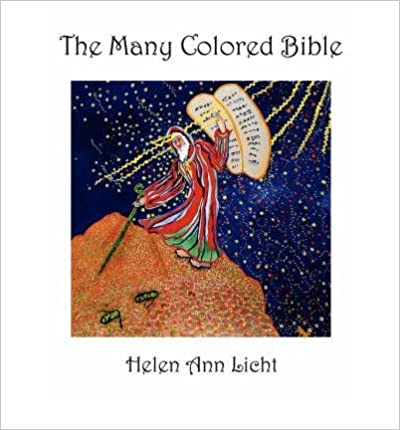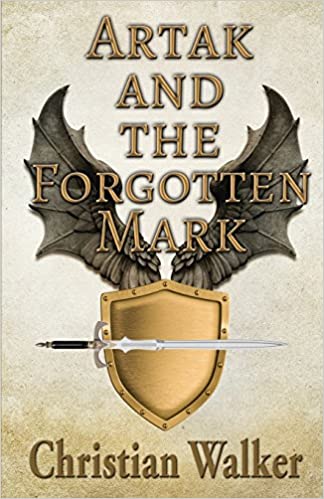On Purple Prose: How to Gracefully Fix Problems on Zombie Nouns, Flowery Words, among Others
Before we get to the purple problem, what is prose? To refresh your memory, opposite to poetry, prose is a language form that expresses spoken or written language in its natural state. Compared to a metrical structure, such as haiku poetry, prose gives a writer more freedom. Certainly you’ve read some popular prose authors in the likes of Herman Melville, George R.R. Martin, and J.D. Salinger, among many others. These greats have turned their wonderful prose into best-selling fiction, without needing to dive onto the deep purple.
What makes purple prose?
Every writer wishes to convey their words impressively to their readers. And by impressive, it means concise, understandable, and of course alluring. Although to some extent, many beginners have a way of overemphasizing what their prose or poem needs to say. The reader will then have to end up questioning the point of the whole write-up. This type of writing rendering a once enthused reader in confusion, is called purple prose. Both prose and poetry sound lovely to the ears when made in moderation, not over decoration.

Let’s take a look at an example of a purple prose:
Felicia, with her splendidly long and sun-bathed hair, met Emet, the dashing, young lad from next door with pristine teeth resembling ivory. He traipses towards this young lass with sparkling, polished, brown leather that reminds darling Felicia of the shade of her favorite horse, Prince, a Mangalarga Marchador, an extravagant gift from her parents last autumn.
By being overwhelmingly verbose, using too many adjectives, adverbs, and winding phrases that sound ornate, a hopeful, maybe too pleased-with-one’s-words writer, may just end up being given an eye roll.
How to avoid purple prose?
- Get to the point
Your goal as a writer is to impart knowledge and build experience with your readers. Using such needless and unnecessary words may only take forever for the readers to understand your point. Trash unnecessary words. Effective and appropriate words are enough to make point.
- Avoid zombie nouns that seem pretentious
Zombie nouns, coined by Helen Sword for the term nominalizations, are verbs or adjectives transformed into nouns. At first, they are impressive but they can actually hurt your writing because they make your words sound pretentious. Instead of using verbose noun language, use specific active verb to hold reader’s attention.
- Use your ear
You already finished writing a well-sounding sentence only to feel that it sounds a bit off. If this happens, follow your first intuition. Majority of the time, it’s always right. Read aloud and pick the one at first instance.
- Kill the flowers
Consider the following words:
- Halcyon
- lugubrious
- braggadocio
This isn’t to say you can never use these words and others like it, just know when to put down the flowery language. Instead of halcyon, use calm or serene; instead of lugubrious, use mournful; and instead of braggadocio, use show-off.

Keep in mind that purple prose does not impress, but only add to reading stress. The point of writing is for your readers to learn something, and to feel good by reading your words, not overly-embellished phrases but using just-the-right stuff. Keep practicing!
FEATURED AUTHORS
Worrying if I was telling too many secrets Leaving out so much.
Keep Reading »Writing is an arduous task even when one has all ideas clear in the read more
Keep Reading »Write the book, start marketing (letting people know of it) before you finish.
Keep Reading »









